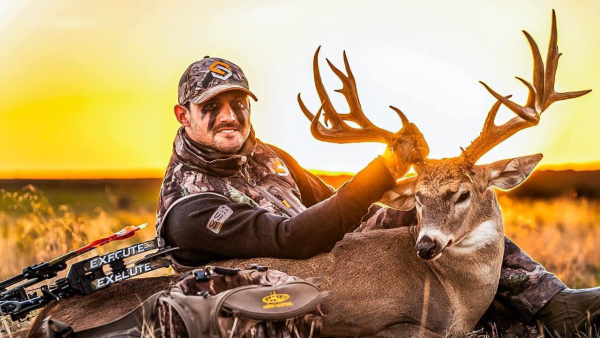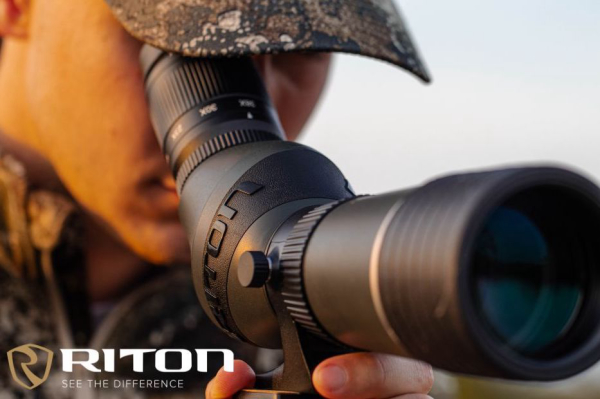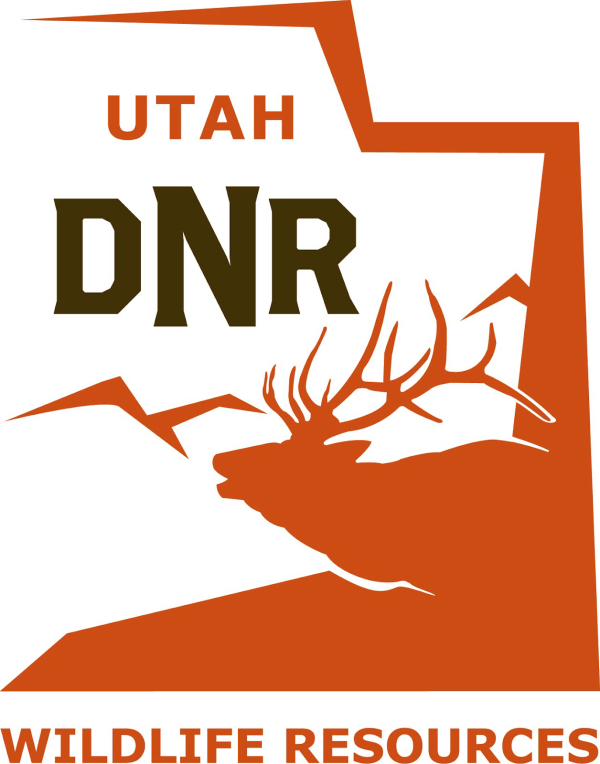Late October Magic

A flurry of factors is compiling now to make this your best whitetail hunting season…ever.
The first cool nights in October are a bellwether for the chaos that will soon occur in the deer woods when lovestruck whitetail bucks roam the countryside seeking out the first does that come into estrous. Like clockwork, the familiar scent of decomposing leaves and musty smoke drifts across the land and the deer hunter’s soul is triggered by primal instincts that even the most pedestrian lifestyle cannot conceal. This is Late October Magic.
Generally, big cool downs occur sometime in early to mid-October, but warm stretches of weather are less than ideal for deer hunting as well. That said, savvy deer hunters know the deer are still active.
“Weather trumps everything, but at the end of the day, I’ve learned deer are going to do deer things regardless,” says TheGame TV host Matt Jennings of Woodland, Alabama. “The weather bothers us more than it bothers the deer. They’re still going to do their thing, you just have to be in the right spot at the right time.”
Sometime around Halloween the switch is flipped and the big bucks that have been roaming at night under bright moonglow begin to expose themselves during legal hunting hours. Avid deer hunters know this is the time to get very serious about spending time in the stand.
“The last week of October…the pre-lock stage, is when mock scrapes start really playing a big role,” explains Jennings. “Big boys start slipping up on the moon phase, and if you can ever catch that magical cold front and the right moon phase at the same time during the last few days of October, it can be absolute magic.”
Big bucks are typically run their scrapes at the edge of the fields at nighttime, and according to Jennings, if you can get the right weather they may slip up, but if you can ever figure out the “X”, which is where they are coming and going to run those scrapes, it can be “lights out”, as he puts it.
Barring the somewhat rare situation when perfect conditions align, Jennings relies on Moultrie cell cameras to keep tabs on deer state of mind. As he explains it, bucks use scrapes much like we use Facebook or Instagram, by letting everybody know who is in the area, and there are often new bucks, showing up left and right in late October.
“If you’re lucky enough you’ll have the first yearling doe come into heat, and then it’s no holds barred – especially if you’re in the right tree at the right time,” explains Jennings. “Last year we did that in Missouri on a brand-new piece of property. We’d never set foot on it until October 29th, and it was pouring rain and cold. I’ll never forget it – I slept for two hours and got up and tromped around the property, found the X, and hung a stand. The next day we went in at about 1 o’clock in the afternoon and tagged out at about 2:45 on a 159-inch ten pointer.”
“He was locked down on a doe and running the scrape line and it so happened, when I called another buck to me, the big boy came in and saw that visual, then got a little too close to me,” he adds.
Timing-wise, Jennings prefers the afternoon sits. “I would say evening is a more ideal time to hunt, because you’re still kinda playing with a food source, depending on your acorn crop or your green fields. Unless you can set the trap where you can catch them coming from food source in morn as they go back to bed, evening is usually the best, in my opinion.”
Jennings advises that calling also comes into play the last week of October. “They really start paying more attention to vocalizations – rattling and grunting and so forth. I start really start getting aggressive with the rattling and calling about the 27th, which is my favorite day.”
Jennings makes it clear his priorities are scrapes and following the moon cycle. “The bottom line is I look for scrapes in late October because this is when you can really pattern a deer. The moon phase also plays a huge role as well – on the red moon or a couple days prior to the red moon, that’s usually when I do my damage. I’m a real believer in the moon dial.”
The “red moon” is a period of four or five days when the moon is closest to Earth, overhead or underfoot, and the gravitational pull is at its strongest. Deer are more active for several hours during the red moon, and ideally this occurs during sunrise or sunset.
As far as moon phase goes, the new moon occurs on November 1st this year – the day after Halloween. It’s a setup that is just about as good as it gets for that precious two weeks that begins in late October and runs through the first ten days or so of November.






